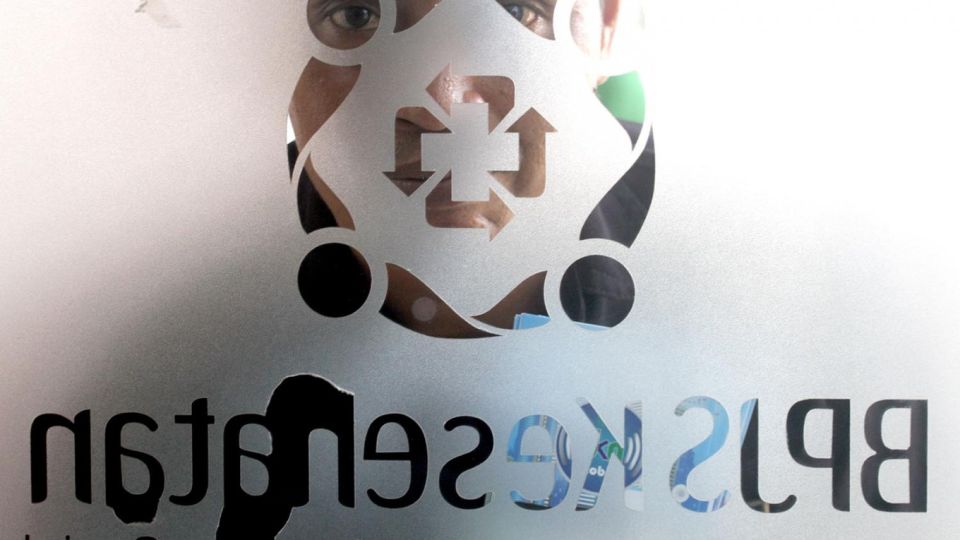December 5, 2022
JAKARTA – After signaling earlier that he would set up a special National Health Insurance (JKN) program for the wealthy under the Health Care and Social Security Agency (BPJS Kesehatan), Health Minister Budi Gunadi Sadikin has clarified that the facility would maintain universal coverage of only basic health needs (KDK).
“We have this package in Indonesia called KDK, which the poor, the rich, the young and the elderly can all access,” said Budi, as quoted by Kompas on Tuesday.
While the minister did not reveal what the KDK comprised, he underlined that coverage would be kept to a minimum in order to limit the impact on state coffers.
For example, he said, the basic services package covered surgery, chemotherapy and radiotherapy for treating cancer, but not immunotherapy treatments, which were more expensive.
“For the poor, these special packages will be covered by the state, but the rich will have to rely on private insurance,” Budi said.
Rahmad Handoyo, a member of House of Representatives Commission IX overseeing health and employment, that the standard inpatient class (KRIS) would replace BPJS Kesehatan’s current three-tier insurance plan, which categorized subscribers according to the premiums they paid.
“The basic service will be standardized, with the rich and poor given the same level of services for the same price,” Rahman told The Jakarta Post.
Echoing Budi, he added that more affluent subscribers who needed specialist treatment not covered under KRIS should take out private insurance policies.
Equitable health care
Budi’s clarification comes after he drew heated criticism over comments he made last month at a House meeting, where he said that the rich would have their own JKN program.
“We expect the financially capable to not burden the BPJS or the state, but [instead] pay for their own treatments through [private insurance],” the health minister said at that meeting.
Budi added that he had heard complaints about the rich taking advantage of the BPJS Kesehatan’s health insurance scheme, and that this had contributed to the agency’s long-running debts.
He also proposed during the meeting that the data of the top 1,000 JKN subscribers be checked, including their electrical bills, to get a clearer picture of their financial situation.
Stressing the importance of equitable access to healthcare, University of Indonesia health expert Hasbullah Thabrany warned that the minister’s statements risked widening health inequality.
“Before we had the JKN, we operated under the market system. With [individuals] and companies paying out of their own pockets, hospitals and doctors tended to flock to larger cities,” Hasbullah told the Post. Imposing distinctions between the rich and the poor might revert national health to this state of inequality, he said.
However, Rahmad believed that the minister’s statement was less about discriminating between the rich and the poor and more about making the healthcare agency more sustainable by reducing its debts.
“If BPJS [Kesehatan] is operating on a deficit, it’s the people that are suffering. Hospitals could give lower priority to JKN policyholders because the agency owes trillions to hospital, so it’s no surprise if BPJS patients are being turned away and given less than optimal services,” he said.
Rahmad also added that it was important for the agency to raise additional funds by enrolling more rich citizens and making sure that their premiums were adjusted according to their finances. This was even more imperative, as the agency planned to increase its payouts to hospitals next year due to inflation.
Health minister Budi said last week: “[The payments] will go up starting January 1, and the amounts will vary. On average, the increase is around 12 percent, but some hospitals will see up to a 30 percent increase.”
He said this rise in payments to hospitals would not translate into an increase in premiums until 2025, as per President Joko “Jokowi” Widodo’s instructions. By then, BPJS Kesehatan expected to have fully implemented its KRIS scheme in a bid to both ensure its sustainability and guarantee basic health care for all citizens.
“Based on the adjustments we are [planning for the KRIS scheme], we hope to at least ensure that the BPJS won’t have a deficit until 2024,” Budi added.
The beleaguered agency has recorded massive losses throughout its history, recording deficits of Rp 51 trillion (US$3.3 billion) in 2019 and Rp 5.69 trillion in 2020. The agency started to reverse its course only last year, when it recorded a surplus of Rp 38.76 trillion.


